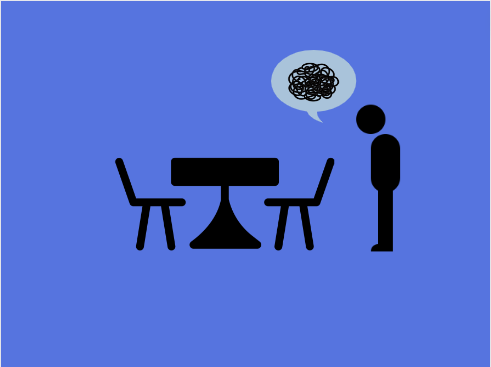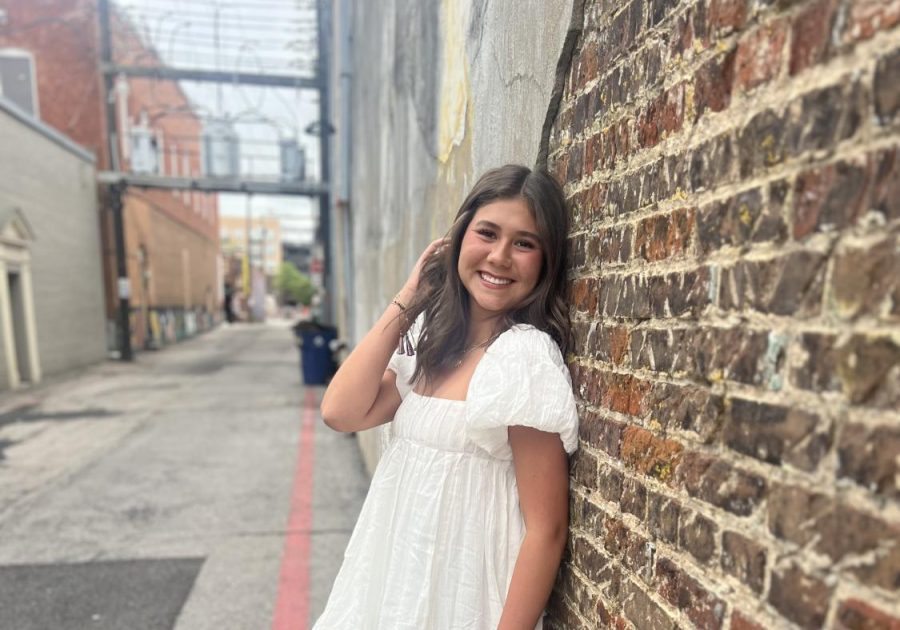It is generally agreed upon as a society that the “teenage years,” a span from age 14 through 19, are some of the most difficult in your entire life. For the most part, it can be assumed that this unanimous disdain stems from the awkwardness dragged along with it, as many of the developments synonymous with this stage are uncomfortable. As environments and expectations change, the unsuspecting teenager has no other option but to change with them. We are meant to shift from children to adults overnight, in a transition that is unavoidably, justifiably messy. Parents of adolescents often struggle with it, unable to balance the perfect ratio of freedom and restriction. This often leads to conflicting messages that put us in the contradictory gray area in between demographics; a metaphorical “kids’ table,” so to speak.
It is a common experience to be banished to a table of relatives much younger than yourself. As you stare longingly at the adult table, inhabitants undoubtedly bickering about anything and everything, you may feel frustration bubbling under the surface; and understandably so. Being treated like a child is demeaning and strange, as you don’t quite fit the label as you used to. You don’t quite belong here with a handful of immature cousins, but you haven’t yet earned a spot with the “grown-ups.” How is it possible that you don’t belong to either, that you don’t belong anywhere? This is the maddening paradox of coming of age.
There’s a reason that high schools are such a popular setting explored in film, and that “coming-of-age” is such a colossal genre in current media. The teenage experience fosters a complex, unique environment that serves as a plot device for storylines of any variety. The never-ending deadlines, due dates, assignments, and academic stresses are enough to overwhelm on their own, but these aren’t even the only factors weighing heavily on the minds of adolescents. In reality, everyone is fighting their own, personal battles as well, whether it be against their environment, in the pursuit of self discovery, in an attempt to maintain good relationships, or as a benefit to their future. Caught in the middle of so many options, so many responsibilities, so many contradictions and rules that no one seems to talk about…it can all seem like too much. It’s normal to feel lost, invisible, stupid, or incredibly small. It’s normal to, in these vulnerable moments, wish that you belonged to the kids’ table like you used to.
But while change can be terrifying and uncomfortable, it is also necessary for survival. Evolution as a person, as a friend, and as a student are all critical progressions that are, more or less, the crux of high school. The experience is something entirely unlike any other stage of life, and as you navigate through its hardships, you may discover parts of yourself along the way. There is power in not knowing, and having the chance to find out.
The relatives sitting at the adults’ table are reminders to keep going. They are proof of life, and proof that you can survive the infamous teen years.
It’s okay to outgrow the kids’ table. It’s okay if the person you grow into is different than people expect, because, ultimately, your livelihood isn’t determined by the perception of others. Ultimately, you need to live for yourself, doing whatever that means for you. Even if that means braving the unknown and getting up from the table.











Gwen Berner • Feb 27, 2024 at 7:28 pm
Such wisdom in these words!
Lyn Jones • Feb 27, 2024 at 11:15 am
Best article of the year! Youŕe ability to empathize with readers is remarkable!